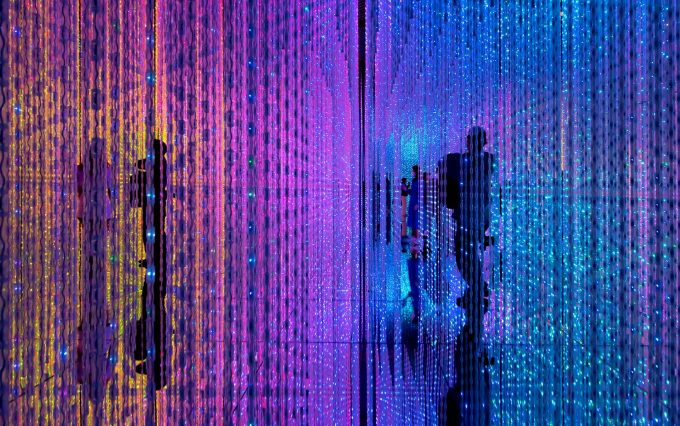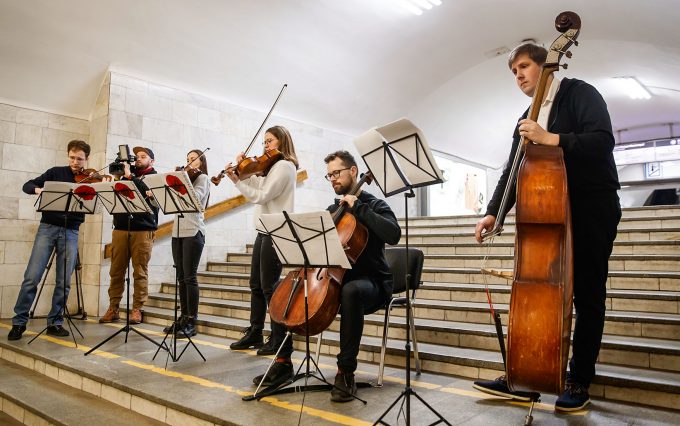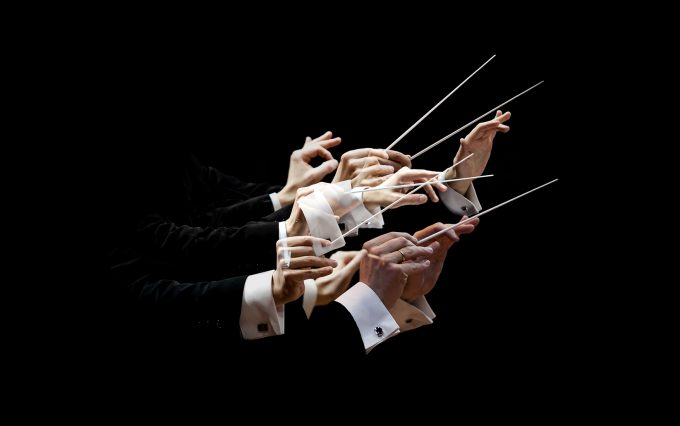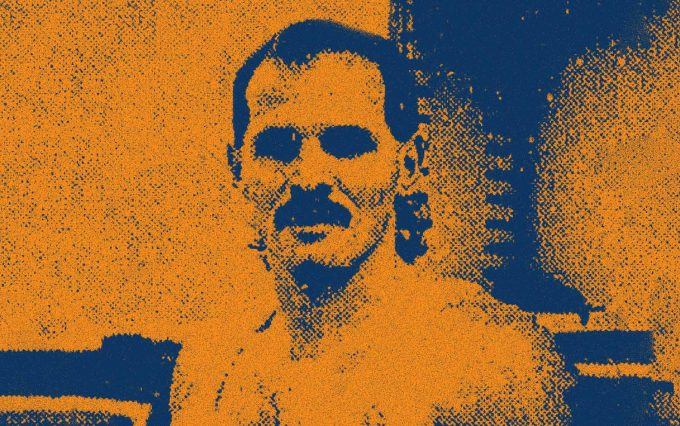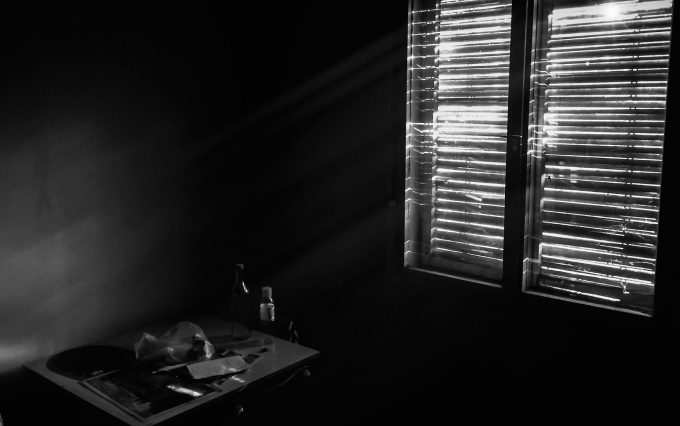Category: Non-Fiction
Under communism, the sculptures of the Nanai were replaced by portraits of new leaders, but communism proved less enduring than Nanai traditions.
In this essay, Romanian writer Mircea Cărtărescu, explores the limitations of our knowledge, and the infinite possibility of the incomprehensible.
In this essay US author Michael Rips explores the incomprehensible transcendence of God and asks, pertinently: Did Ric Ocasek Go to Heaven?
Reflecting on his own poem, Hungarian writer Árpád Tőzsér asks whether we can believe in a Cosmic Orchestra without a conductor?
Jack Kohl’s literary essay begins with a simple paradox posed by the pianist’s craft that soon transcends music into mortal and spiritual matters.
“Looking for a road back to a world view that allows for sacred moments,” essayist and novelist Daphne Merkin examines her own faithlessness.
Written before Russia’s invasion, Hungarian writer Diána Vonnák explores the lives sucked into the Russo-Ukrainian war since 2014.
András Dezső investigates the stories of three Hungarian gangsters who defected from 1980s communist Hungary for the Los Angeles underworld.
In this essay, Lina Mounzer ponders how violent conflicts over the possession of spaces transform the world in which an artist creates.

